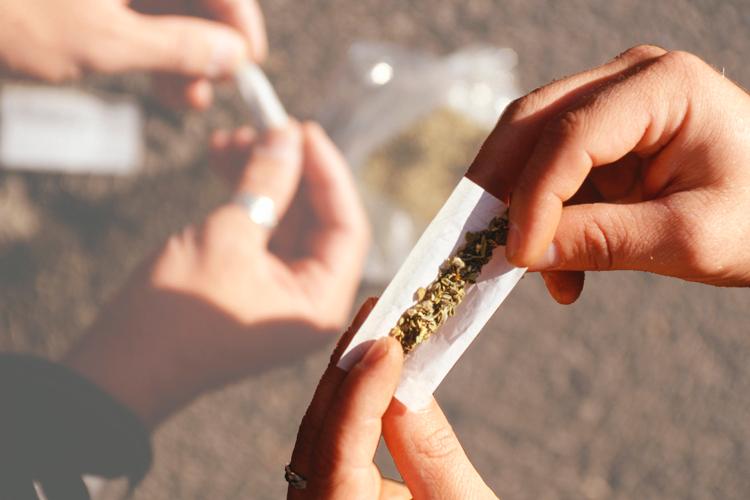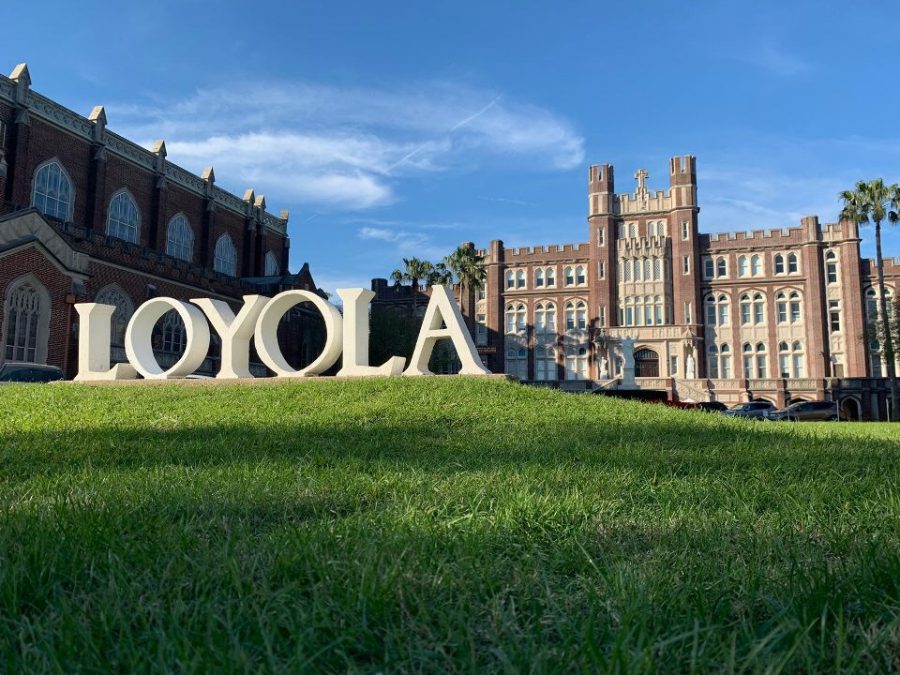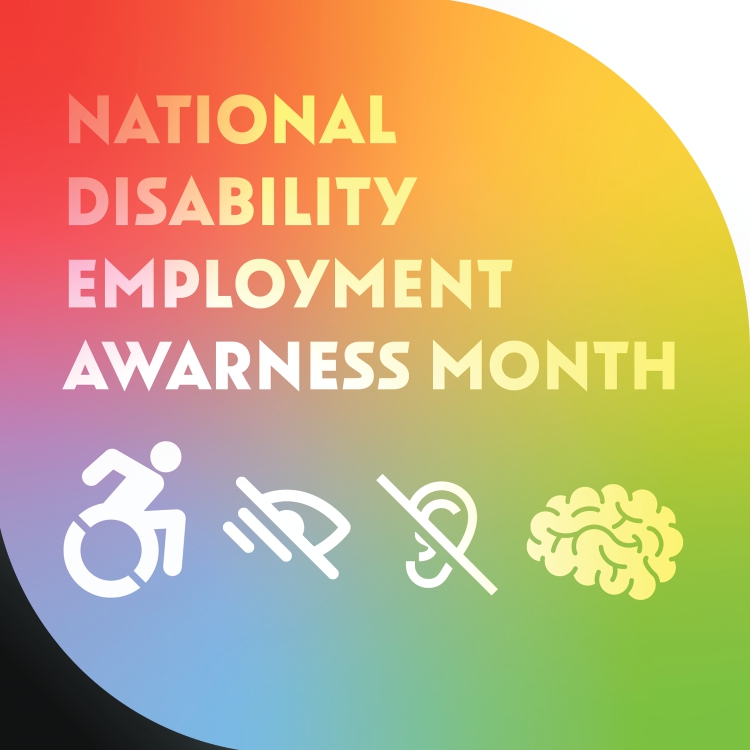Resident Assistants are trained in drug detection, specifically in detecting the presence of marijuana in residence halls.
Although drug usage is an issue on college campuses, Loyola has taken some steps to ensure that its residence halls are as free from illegal drugs as possible. As a standard part of training, all RAs are trained each year in drug detection.
“We burn a synthetic material that is designed to smell like burning marijuana, so that RAs are aware and know how to distinguish marijuana from incense and other burning materials,” said Craig Beebe, director of Residential Life.
RA training in drug detection has not changed from previous years, and has remained the same for the duration of his four years at Loyola, Beebe said. Loyola University police officers conduct a training program for the RAs on illicit drugs each year.
If given probable cause, Residential Life personnel can perform an inspection of a student’s room.
Though drug detection policies and enforcement in residence halls are meant to protect students, some remain unsure of the effectiveness of this system.
“I’ve watched multiple drug raids and they didn’t do anything, and I knew where the weed was, behind the printer,” said Rose Santos, theater communications sophomore.
Residential Life officials, however, understand that RAs are not substitutes for the police.
“We do not expect RAs to be experts in drug trends or identification, but we do want them to be able to recognize warning signs,” Beebe said.
The Student Code of Conduct states that illegal drugs consist of: amphetamines, barbiturates, codeine, cocaine, Demerol, heroin, LSD, LSD compounds, marijuana, mescaline, methadone, methamphetamine, morphine, PCP, peyote, Quaalude, psilocybin, tranquilizers and unprescribed prescription medication and any and all substances so defined by the law.
If students cannot keep residence halls free of illegal substances, the code of conduct states that, “the university reserves inherent authority and the right to take necessary and appropriate action to protect the safety and well-being of the campus community.”
“I think that any policy that ensures someone’s safety will make it a better place,” said Rachael White, Buddig Hall senior RA and music therapy junior.
Kelsi Allenbach can be reached at [email protected]







